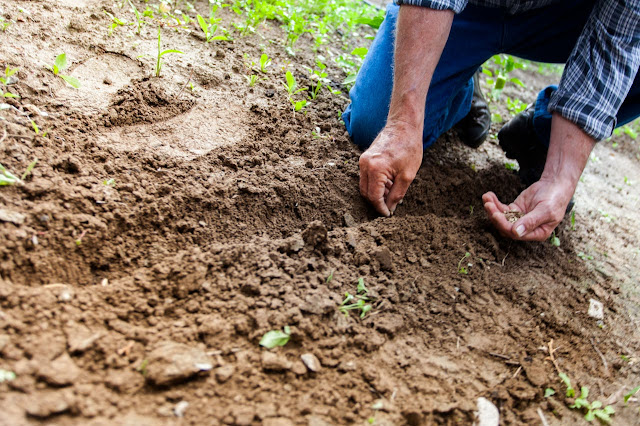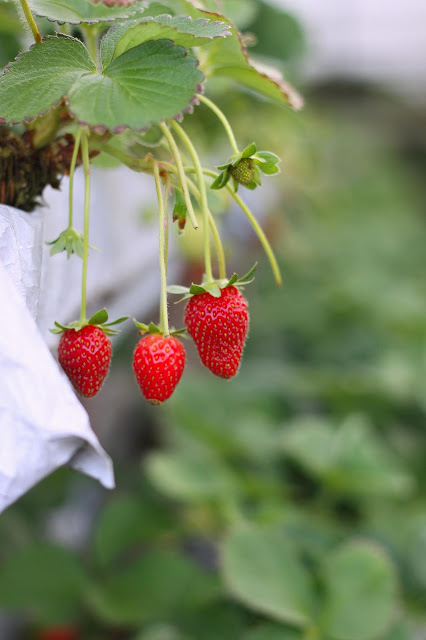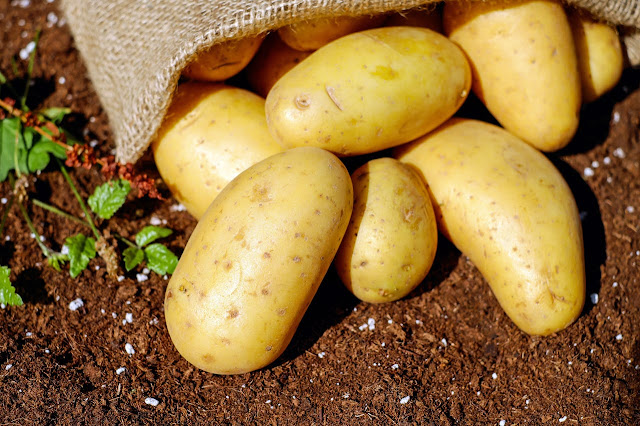Embark on a gastronomic adventure in your very own backyard with “Tips for Growing Exotic Vegetables in Your Garden.” In this guide, we’ll explore the exciting world of uncommon, delectable vegetables that can elevate your culinary experiences. Get ready to plant the seeds of uniqueness and savor the flavors of the extraordinary!
Unveiling Exotic Delights: Understanding Unique Vegetables
1. Exploring Uncommon Vegetables: A Culinary Journey
Discover the variety of exotic vegetables:
- Romanesco Broccoli: A mesmerizing fractal-like brassica.
- Dragon Carrot: Unearth vibrant hues of purple, red, and orange.
- Kohlrabi: A delightful fusion of cabbage and turnip flavors.
2. Culinary and Nutritional Richness: Exotic Veggies Beyond the Ordinary
Delve into the unique benefits of exotic vegetables:
- Flavor Profiles: Experience tastes ranging from peppery and earthy to nutty and sweet.
- Nutritional Boost: Many exotic veggies boast high nutritional value, adding diversity to your diet.
- Gourmet Appeal: Elevate your culinary creations with visually striking and flavorful ingredients.
FAQs: Addressing Common Queries About Exotic Vegetable Gardening
Q1: Are Exotic Vegetables Difficult to Grow?
A: Not necessarily! While some may have specific requirements, many exotic vegetables are adaptable to various climates and can thrive with proper care.
Q2: Can I Grow Exotic Vegetables in Containers?
A: Absolutely! Containers with well-draining soil are ideal for cultivating exotic vegetables, making them suitable for gardens of all sizes.
Planting the Seeds: Strategies for Growing Exotic Vegetables
1. Soil Preparation: Tailoring the Earth for Unique Delicacies
Create the perfect soil environment:
- Well-Draining Mix: Exotic vegetables often prefer well-draining soil to prevent waterlogged roots.
- Nutrient-Rich Soil: Amend soil with compost to provide essential nutrients for robust growth.
- pH Considerations: Check the pH levels, as some exotic veggies may have specific preferences.
2. Climate Awareness: Catering to Exotic Vegetables’ Preferences
Match your garden to their native climates:
- Warm-Season Varieties: Ensure ample sunlight for heat-loving vegetables like chayote and okra.
- Cool-Season Choices: Plant cold-tolerant exotics such as daikon radish and mâche in appropriate seasons.
- Microclimate Adjustments: Use gardening techniques like shading and mulching to create microclimates.
Cultivating Exotic Bounty: Growing Strategies for Success
1. Proper Watering: Quenching the Thirst of Uncommon Beauties
Master the art of watering exotic vegetables:
- Consistent Moisture: Maintain even soil moisture, avoiding extremes of drought or waterlogging.
- Mulching Magic: Apply organic mulch to retain moisture and regulate soil temperature.
- Drip Irrigation: Consider drip systems to deliver water directly to the base of plants, minimizing foliage wetting.
2. Pest and Disease Management: Shielding Your Unique Harvest
Protect your exotic treasures:
- Companion Planting: Utilize companion plants to deter pests naturally.
- Regular Inspection: Monitor for signs of pests or diseases, addressing issues promptly.
- Natural Remedies: Embrace organic solutions like neem oil or companion planting with pest-repelling herbs.
Exotic Harvest: Savoring the Fruits of Your Labor
1. Harvesting Techniques: Timing and Tender Loving Care
Gather exotic vegetables at their peak:
- Regular Harvests: Pick fruits and veggies when they reach optimal size and color.
- Gentle Handling: Handle delicate produce like Thai eggplants with care to prevent damage.
- Continuous Harvest: Encourage prolonged production by harvesting regularly.
2. Culinary Exploration: Creating Masterpieces with Exotic Ingredients
Bring the exotic to your table:
- Creative Recipes: Experiment with international recipes to showcase your unique harvest.
- Culinary Fusion: Blend exotic vegetables with familiar favorites for a diverse and flavorful dining experience.
- Preservation Techniques: Extend the joy of exotic veggies by exploring pickling, fermenting, or freezing methods.
Conclusion: A Feast of Exotic Abundance
In conclusion, garden enthusiasts and culinary adventurers, “Tips for Growing Exotic Vegetables in Your Garden” invites you to elevate your gardening experience and gastronomic journey. May your garden be a tapestry of flavors, colors, and textures, showcasing the extraordinary in every harvest.
Here’s to the thrill of cultivating and savoring the unique, the uncommon, and the deliciously exotic! Happy growing and indulging!
learn here Creating a Butterfly-Friendly Rock Garden




